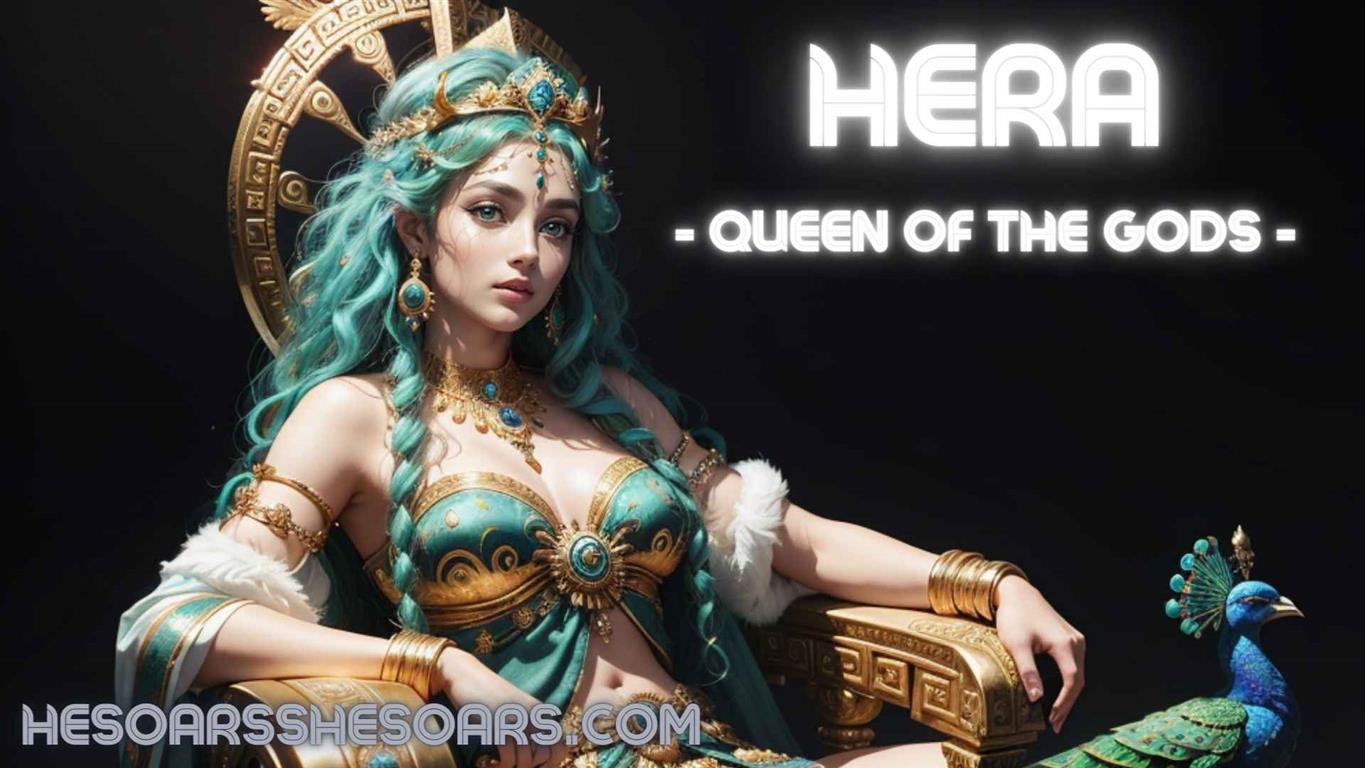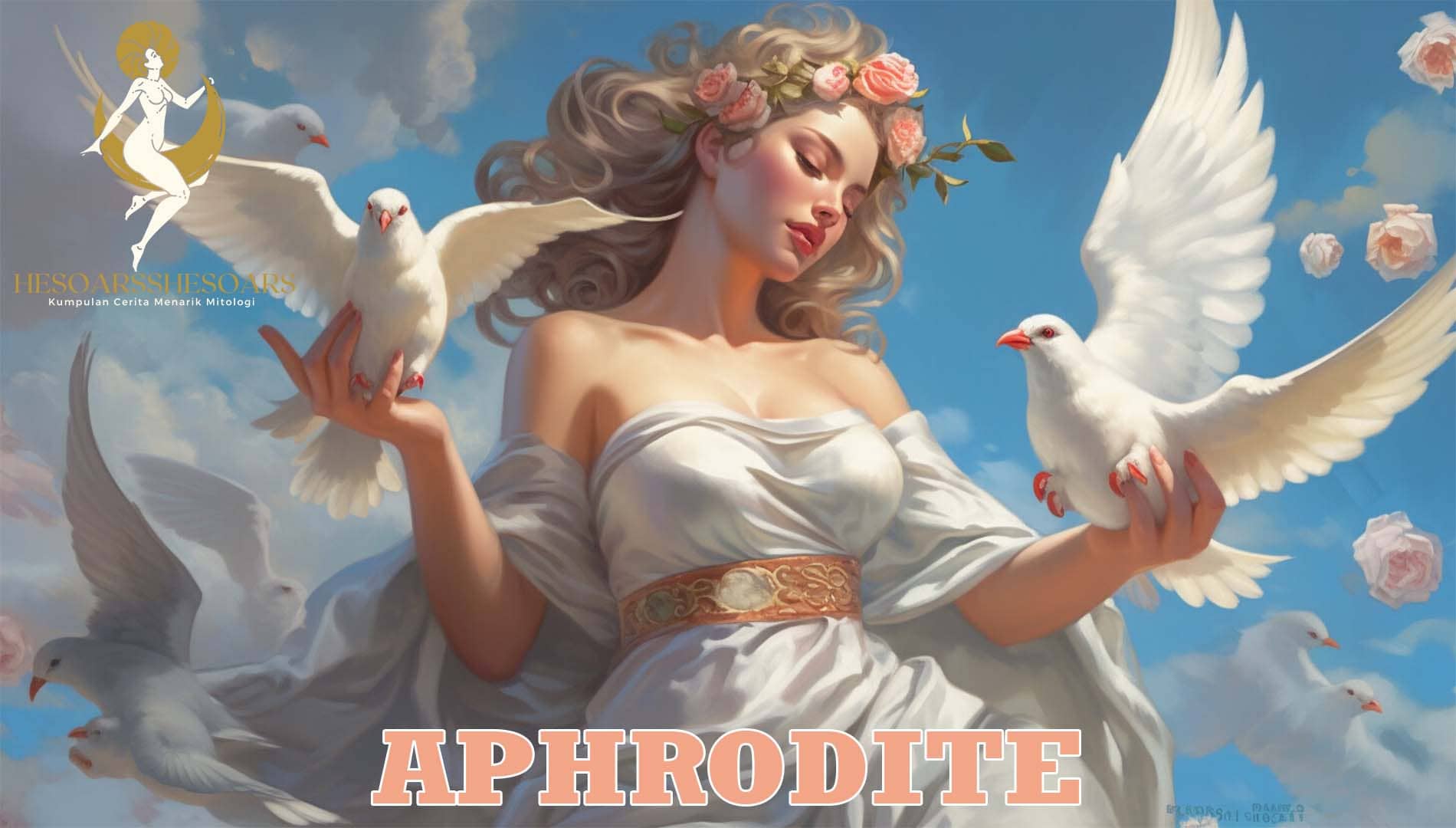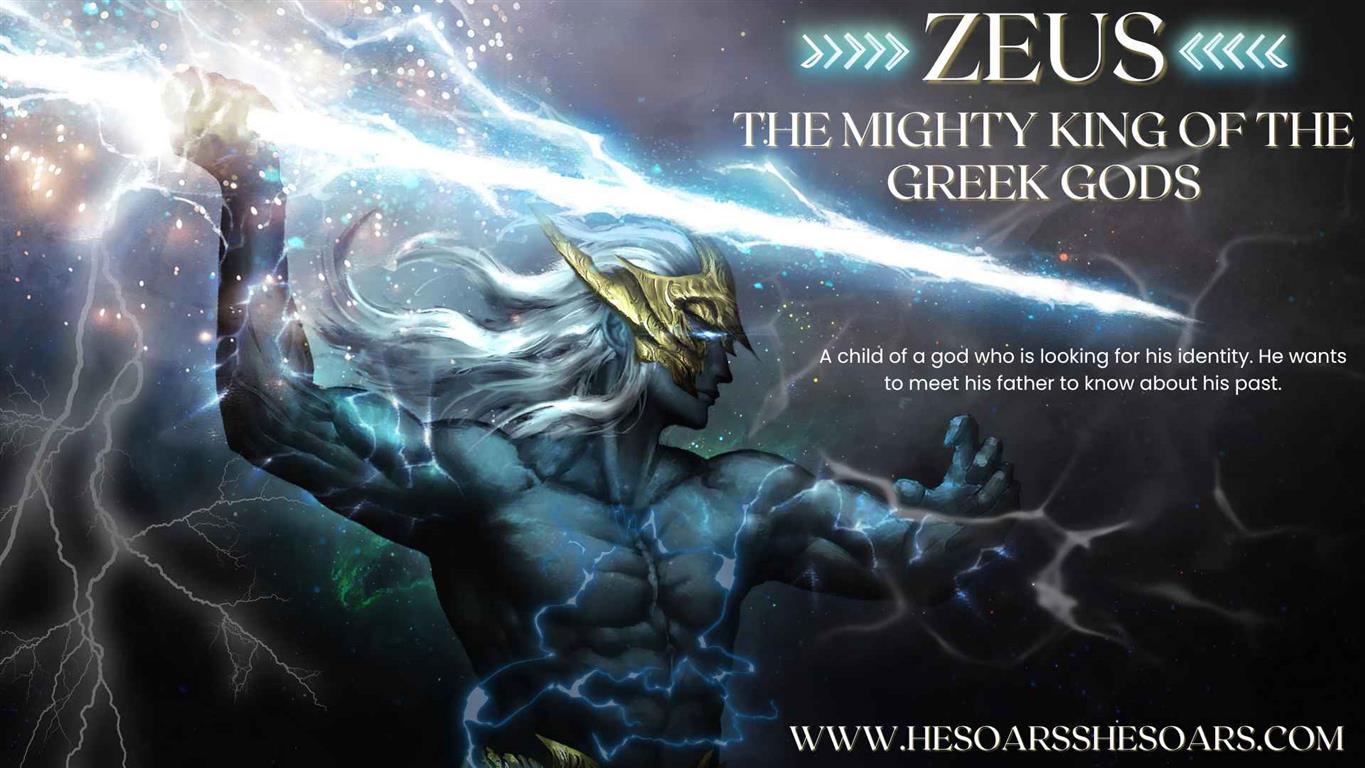Introduction Hera
Hera is one of the most iconic figures in Greek mythology. As the wife of Zeus and queen of the gods, her influence was vast, and her tales are woven with passion, jealousy, and the unyielding power of a woman who commanded respect in a pantheon full of formidable deities. This article delves into the character, mythology, and influence of Hera, shedding light on her significant role in Greek lore.
Birth and Early Life
Born to Titans Cronus and Rhea, Hera was the youngest of her siblings. To protect them from their father, who was prophesied to be overthrown by one of his children, Rhea hid them away. Hera, along with her brothers and sisters, would eventually play a pivotal role in overthrowing the Titans and establishing the reign of the Olympian gods.
Marriage to Zeus
Hera’s marriage to Zeus was not without its complications. Zeus, known for his numerous affairs, often aroused the jealousy of Hera. However, their union was also one of great power and influence. Together, they ruled Mount Olympus, overseeing both gods and mortals. Despite the challenges they faced, their relationship was a testament to the complexities of love and power.
Role and Influence
As the queen of the gods, Hera’s domains included marriage, childbirth, and kingship. She was often invoked for protection in these areas. Temples dedicated to Hera, like the Heraion of Samos, were places of worship and were considered sacred grounds.
Her festivals, like the Heraia, celebrated various aspects of womanhood, including young girls’ transition to womanhood and the sanctity of marriage.
Stories and Myths
Hera is central to many myths in Greek folklore. Often, her tales revolve around her attempts to exact revenge on Zeus’s lovers and their offspring. One of the most well-known stories involves her relentless pursuit of Heracles (Hercules). Due to Hera’s hatred of him – he was the son of Zeus and a mortal woman – she made his life difficult at every turn.
Another famous myth is the Judgment of Paris. In a bid to determine the fairest goddess, Paris, a Trojan prince, had to choose between Hera, Athena, and Aphrodite. Hera offered him power, but when he chose Aphrodite, she became an implacable enemy of Troy, leading to the events of the Trojan War.
Symbolism
Hera was often depicted with a crown or diadem, symbolizing her status as a queen. The peacock, with its brilliant feathers, was sacred to her, representing her beauty and pride. The cow was also one of her symbols, referencing her watchful eyes over her domains.
Legacy Hera
The influence of Hera transcends Greek mythology. The Romans adopted her and equated her with their goddess Juno. In modern times, her stories continue to be retold, analyzed, and adapted, underlining her significance in the pantheon of gods.
In literature, Hera represents the complexities of womanhood. She is both nurturing and vengeful, powerful yet vulnerable to the pains of betrayal. Her multifaceted character makes her relatable, even in today’s context.
Conclusion Hera
Hera, as the queen of the gods, held a unique position in Greek mythology. Through tales of love, jealousy, revenge, and power, she showcased the depths and heights of divine emotion. Her legacy, which continues to inspire and captivate, is a testament to her enduring impact as a symbol of strength, royalty, and femininity.




